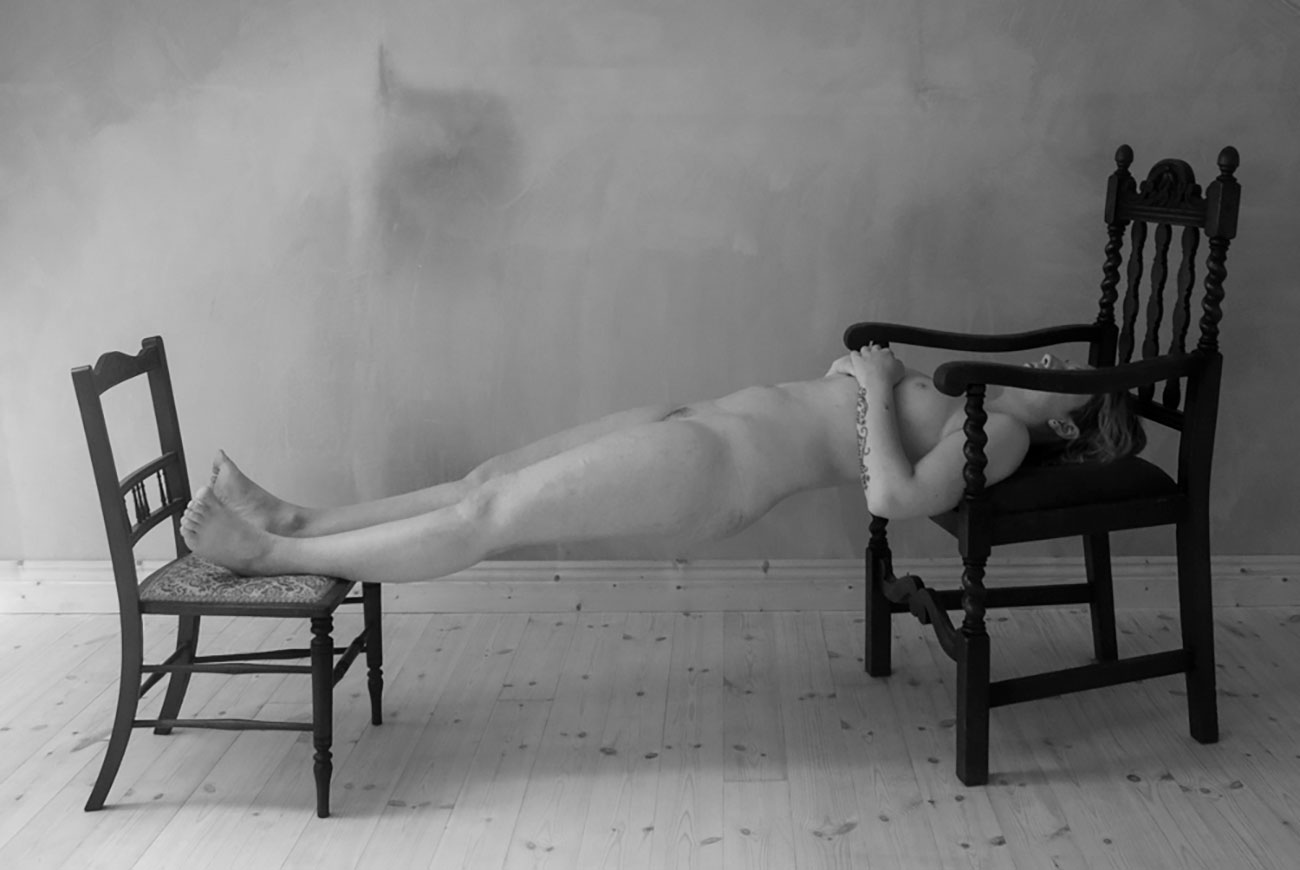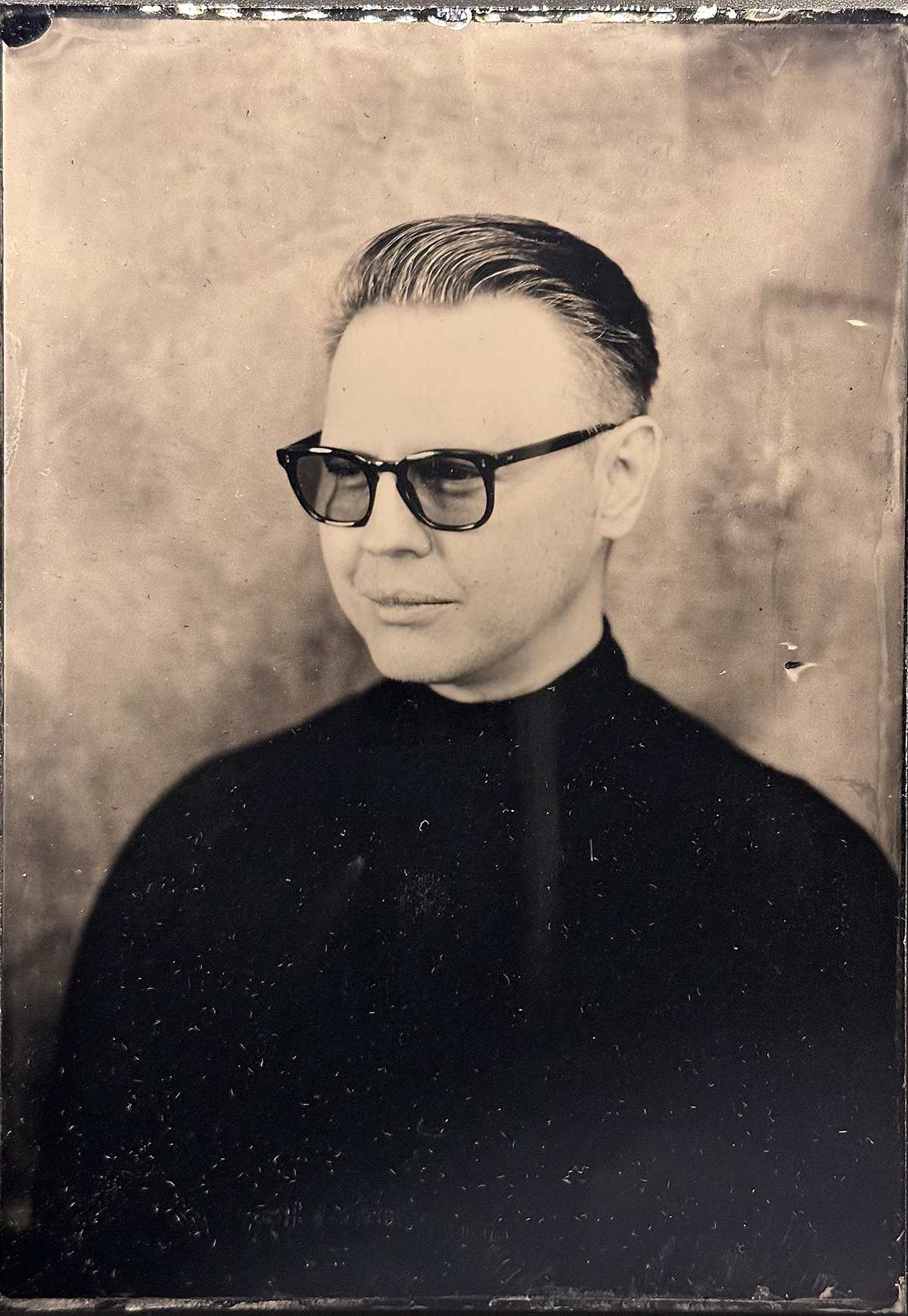




The artists nominated by
With this year’s selection for FUTURES, PhotoIreland brings forward a range of ages and experience that include two young artists from our graduate award programme RADAR. All artists selected are Irish or Ireland-based, and all demonstrate the vibrant diversity of practices on or about the island of Ireland, presenting a broad range of interests that define what contemporary Irish photography is today. The selection for FUTURES Irish Talents was carried out through the results of an open call, juried by the PhotoIreland team including Ángel Luis González, Director, and Julia Gelezova, General Manager, in collaboration with an external jury comprised of Adrian O’Carroll, photographer, collector and National Gallery of Ireland board member and Sarah McAuliffe, Curator, Royal Hibernian Academy of Arts.
Recent graduate Berta Mars presents her latest work The Loudest Silence – a nostalgic look back at the artist’s childhood memories while also reflecting on a slower way of life exemplified in the represented place. While the topic may not be loudly political, it remains current. The jury praised Mars’ composition in the images, but also the “raw emotional intensity” of them.
Leon Nevill Gallagher explores the lacuna that exists between people influenced by our relationship with the online. Informed by his experience of temporary separation from his girlfriend, he proposes a narrative by visualising the emotions around the spaces created between loved ones in times of distance and reliance on online communication.
Debbie Castro conveys memory loss through the family story of her father and his dementia through the sensitive and considerate editing and narration of his personal family photographs and archives. Her work talks about mental health, especially in the case of the project Age is a Privilege, Unless You Forget!, which reflects on her personal experience of the effects of Alzheimer's on a loved one.
Similar to Castro’s work, Sarah Navan’s ongoing project Care in Progress serves as a cathartic practice to understand a mental state of being – in this case examining her own experience with bipolar disorder. With Care in Progress, she shifts the lens back onto herself and her everyday life as she learns to live anew following her diagnosis.
Also using his everyday life but with a very different approach is Chris Finnegan with his project The Grammar of Home. At times collaborating with his child to present ideas around the definition of a ‘home’, Finnegan critically interrogates ideas of home-making, childhood and the domestic sublime.












































